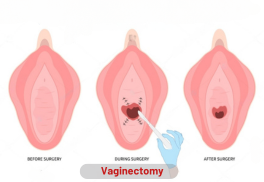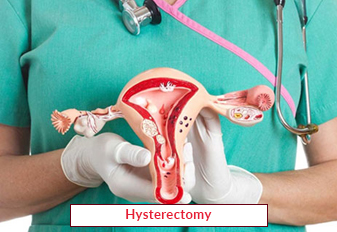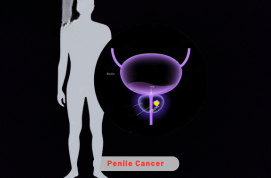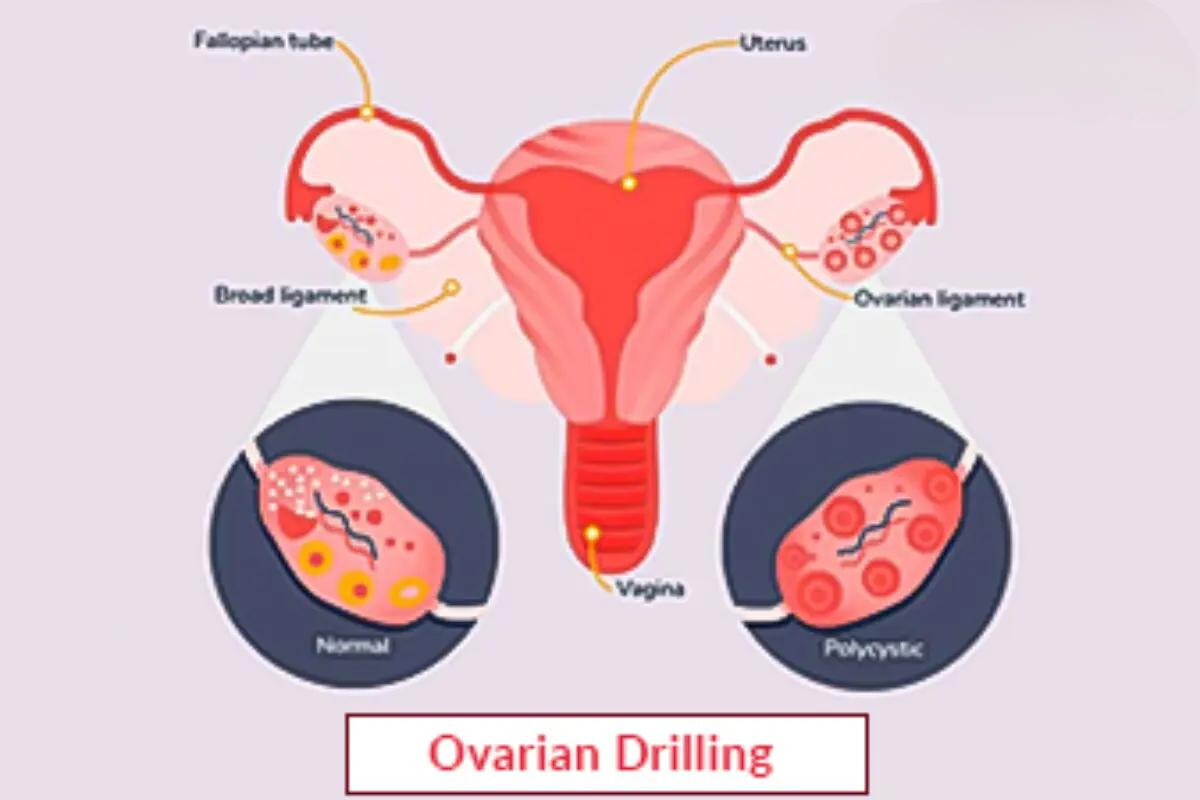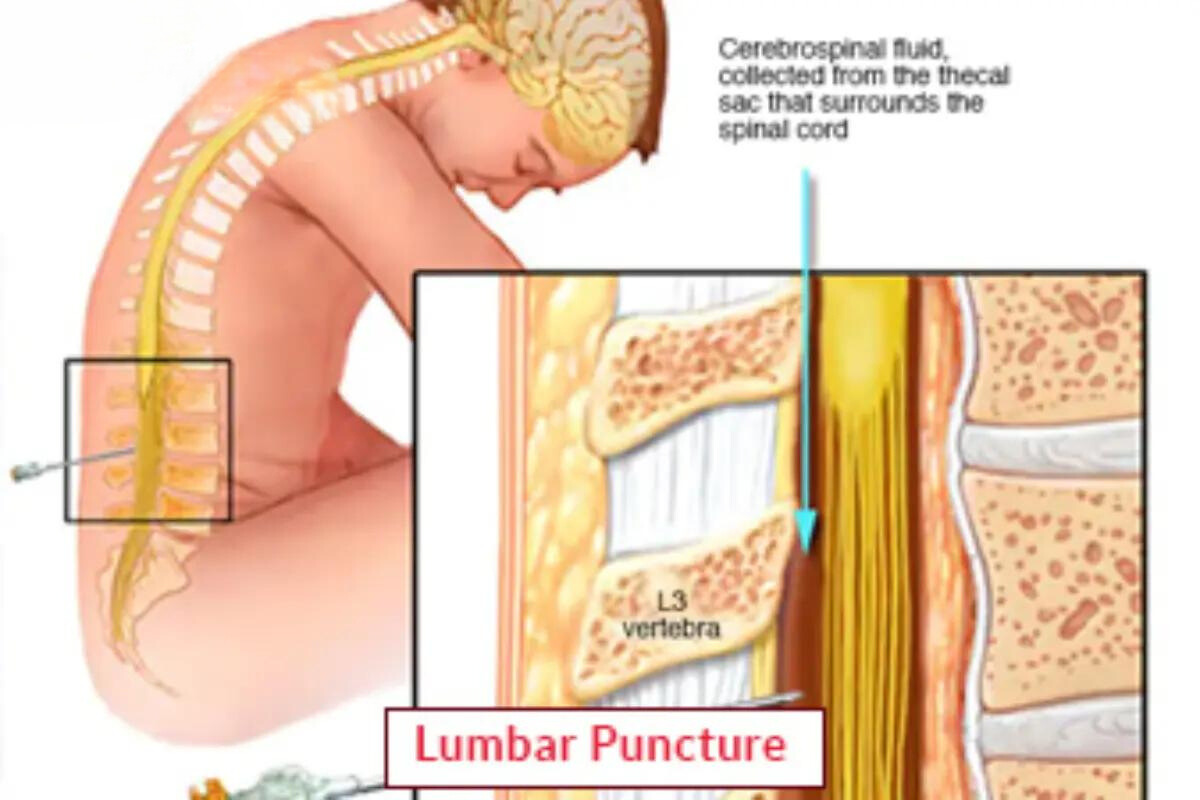Vaginectomy treatment is a surgical process to remove the vagina in part or entirely. The Vagina is an elastic and muscular structure that extends from the mouth of the womb to the external genitalia in a woman. It is performed for primary or recurrent vaginal cancer. This surgery is rarely performed alone and is mostly done along with other procedures, such as removal of the uterus, vulva, and pelvic organs. Vaginectomy can be of different types depending on the extent of the spread of lesions. It may be simple, involving removal of the vaginal lining and the underlying muscles.
Radiation and chemotherapy are typically used by providers to treat the majority of vaginal cancers. Vaginectomy is therefore not always required. Cancer of the vagina is uncommon. Vaginal cancer accounts for less than two percent of all cancers in the female genital tract. Surgery for gender transition from female to male may also include a vaginectomy.
When transgender people want to seal off the vaginal opening and canal. It totally depends on how much of the vagina is removed; a vaginal reconstruction may be planned. The restoration of sexual function, body image, and wound healing are some benefits of vaginal reconstruction.
Types of Vaginectomy
- Partial Vaginectomy: Removes a portion of the vagina, mostly for vaginal cancer treatment.
- Total Vaginectomy: In this case, a doctor takes off the entire vagina.
- Radical Vaginectomy: The vagina is removed along with surrounding tissues and lymph nodes.
Why is Vaginectomy Treatment Recommended?
It can be indicated in the following cases:
- Precancerous area
- Large cancerous tumor
- Vagina cancer
- Due to vaginal mucosa
- Cancer in the upper vagina
- Cancer that has spread
- Recurrence of cancer
Symptoms of Vaginal Cancer
- Constipation
- Pain during urination
- A lump in the vagina
- Pain during sexual intercourse
- Pain in pelvis area
- Bleeding or discharge
Who is Eligible for Vaginectomy?
If you have stage I and II vaginal cancers, your doctor might recommend a vaginectomy. The cancer’s stages show how far along it has spread. Rarely are these vaginal operations advised for IVA or stage III cancer. Additionally, they are not recommended for stage IVB cancer since the disease has spread to other locations.
Benefits of Vaginectomy Treatment
- Gender-affirming surgery
- Treatment of vaginal cancer
- Improved sexual function
- Reduced the risk of complications
- Elimination of vaginal secretions
- Decrease the danger of VAIN recurrence
- Improved quality of life
Diagnosis of Vaginectomy
- Your surgeon will examine you properly and ask about your medical history.
- A doctor will also suggest you stop certain drugs like blood thinners.
- Imaging tests can help to know about the size, location, and extent of the diseases. These tests are listed below:
- CT scan
- MRIs
Procedure of Vaginectomy Surgery
- The patient will be delivered general anesthetic medicine through a vein in their arm. It is used to ensure comfort during the activity.
- This process can be carried out through your vaginal opening by the doctor.
- To carefully remove the targeted portion of the vagina or the entire vaginal canal. It depends on the procedure, the surgeon will make small cuts in the vaginal area.
- If necessary, the specialist may rebuild the remaining structures, such as the pelvic floor muscles or other nearby tissues. After the vaginal tissue has been removed to support and regain functionality.
- The small cuts made during the operation will be carefully closed with sutures or other suitable closing methods.
- The patient will be given postoperative care instructions, including wound care, activity limitations, and pain management while being closely watched in a recovery area.
Post Operative Care
- Usually, patients who have a vaginectomy remain in the hospital for a few days.
- Medication and/or alternative methods for managing pain.
- Urinary catheterization to drain urine while recuperating for a few days.
- Consulting a reconstructive surgeon or gynecologic oncologist for follow-up care.
Risks After Vaginectomy Surgery
Seek medical attention right away if you suffer from any of the following severe symptoms following surgery:
- Fever
- Chills
- Heart palpitations
- Chest pain
- Abnormal or excessive bleeding
- Redness or swelling around cuts
- Fluid from the cuts
- Torn incision
- Problem in urinating
- Foul-smelling urine
- Nausea or vomiting
- Constipation or diarrhea
Latest Health Tips
Can Immunotherapy Cure Stage 4 Lung Cancer?
Early Signs of Cervical Cancer
Foods that Kill Cancer: Leafy Vegetables, Grains, & More
What Stage of Cancer is Immunotherapy Used For?
Which is Worse for Cancer, Sugar or Alcohol?
Vaccines That Prevent Cancer
What Kills Cancer Cells in the Body Naturally?
Early Warning Signs of Bone Cancer
Submit Your Enquiry
Testimonials








